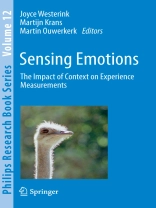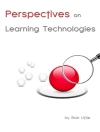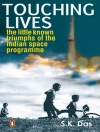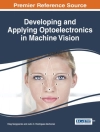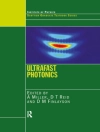The authors of this book analyze the influence of specific everyday life situations and contexts on the emotional state of people and the ways in which this can impact measurements of user experience. The book anticipates a future in which products and machines know how we feel and adapt to the feelings they sense (music systems that effectively enhance our current mood with a personalized choice of music, computer dialogues that avoid upcoming frustration, and photo cameras that take pictures whenever we’re excited). In all these situations, knowledge of the emotional state of the user is prime information.
A previous book published in the Philips Research Book Series, ’Probing Experience’, illustrated ways to evaluate the user experience through behavioural and physiological parameters. The present book focuses on the influence of context in these measurements. The everyday-life contexts of future products and machines will be always specific, especially in comparison to the standard laboratory situation. Context can impact the experience measurements and influence the occurrence and characteristics of certain signals. On the other hand, independent knowledge of the context could be very valuable for the interpretation of experience measurements. This book provides an overview of the present knowledge on the impact of context, and advocates the need for a joint understanding of its role in the measurement of experience.
The authors comprise many experienced researchers on this topic with a wide variety of backgrounds, including business and academia, covering a broad range of context situations.
Innehållsförteckning
Contributors
Introduction: Sensing Emotions in Context
1. Psychological Computing: Interfacing with the Human Nervous System
2. Unobtrusive Emotions Sensing in Daily Life
3. Physical Activity Recognition Using a Wearable Accelerometer
4. The Use of Psychophysiological Measures during Complex Flight Manoeuvres – an expert pilot Study
5. The Effects of Coloured Light on Valence and Arousal
6. Audiovisual Expression of Emotions in Communication
7. Accessing the Parallel Universe of Connotative Meaning
8. Runners’ Experience of Implicit Coaching through Music
9. Sleep in Context
10. Telling the Story and Re-living the Past: how speech analysis can reveal emotions in post-traumatic stress disorder (PTSD) patients
11. The Role of Design in Facilitating Multidisciplinary Collaboration in Wearable Technology
